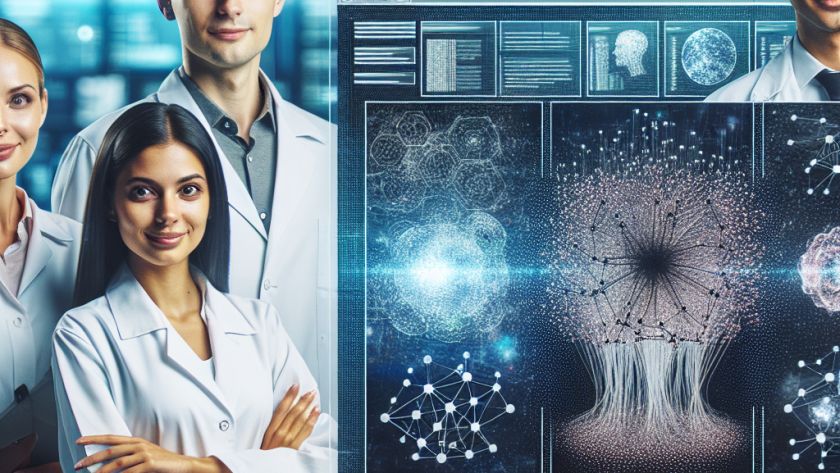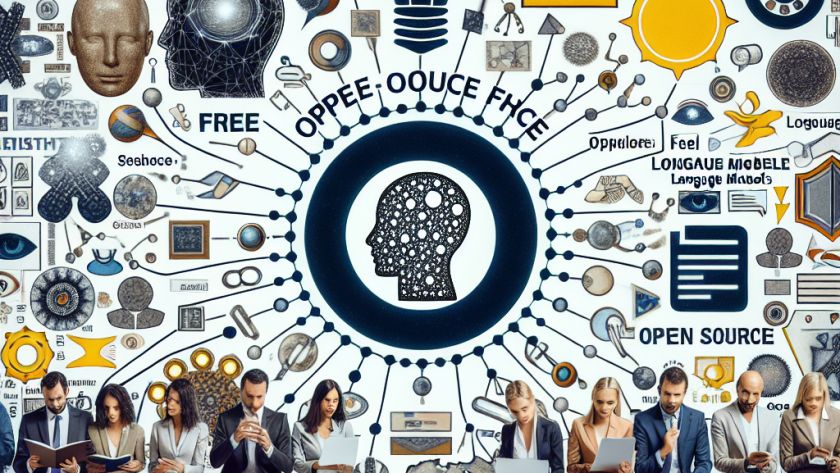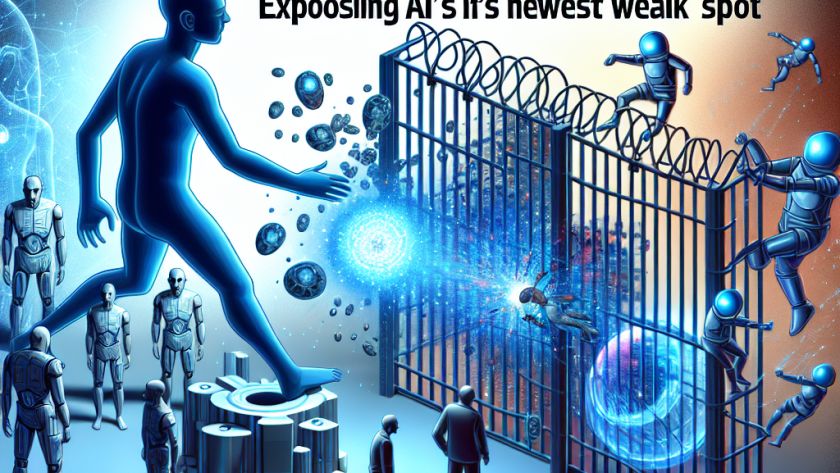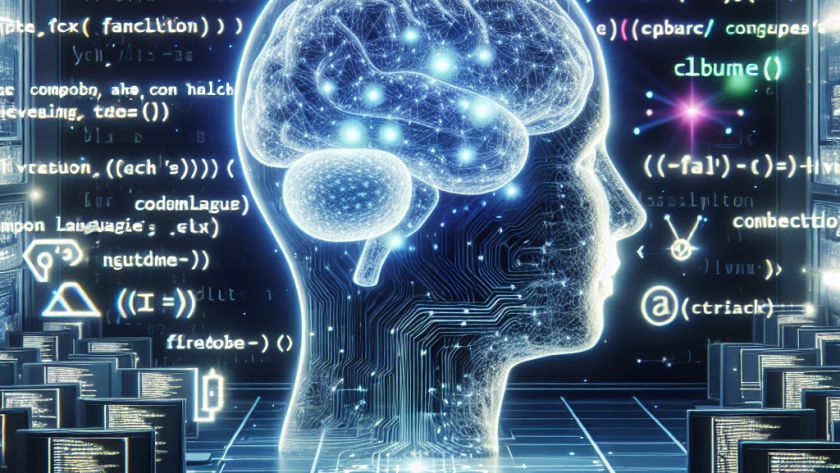The Dynamic Retrieval Augmented Generation (RAG) approach is designed to boost the performance of Large Language Models (LLMs) through determining when and what external information to retrieve during text generation. However, the current methods to decide when to recover data often rely on static rules and tend to limit retrieval to recent sentences or tokens,…












